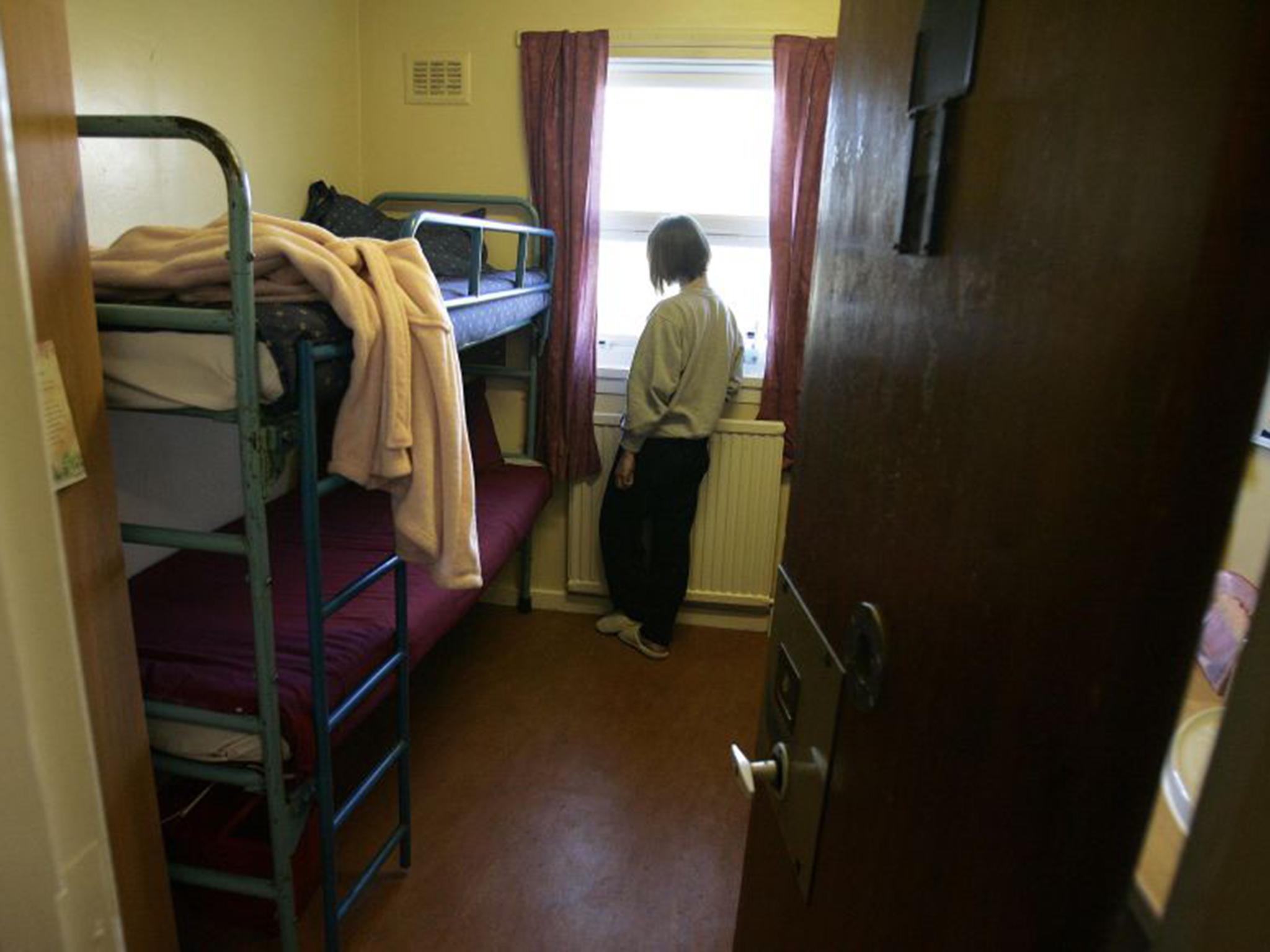Female prisoners placed far from their families are 'directly discriminated' against, rules Supreme Court
Being required to live a long way from home is a ‘detriment’, judge Lady Hale rules

Female offenders are “directly discriminated” against because of a severe lack of approved premises (APs) for women in the UK, which often sees them placed far from their homes and families, the Supreme Court has ruled.
Formerly known as probation or bail hostels, AP's are residential units which house offenders in the community. Living in one may be made a condition of release on licence for certain prisoners.
But while there are 94 APs for men across England and Wales, there are only six for women - in Bedford, Birmingham, Leeds, Liverpool, Preston and Reading.
Being required to live in an AP a long way from home was a "detriment", judge Lady Hale ruled.
The Howard League for Penal Reform said the ruling sends out a "strong message" to the next government, warning that continued failure to "assess, identify and meet" the needs of women could now be ruled unlawful by the courts.
The case was brought against the Secretary of State for Justice by Ms Coll, a woman from London, who upon release from prison was forced to relocate to Bedford and resettle in Milton Keynes as a result of the lack of any APs for women in London.
Ruling in her favour, Lady Hale's written judgement read "that provision of APs constitutes direct discrimination against women which is unlawful unless justified, and that the Secretary of State has yet to show such justification."
Samuel Genen, one of the lawyers who headed the case, told The Independent he was “over the moon” with the judgement and the fact that it had been recognised as an issue.
But he said he was not certain that the Government would take sufficient action.
”The last three secretaries of state have done nothing," he said. "I just hope this legal recognition of the issue will push them to take action."
The number of APs for women and men is fairly proportionate to the prison population.
But Mr Genen said: “A woman is much more likely to suffer this detriment than is a man, because of the geographical distribution of the small number of APs available for women.
"This is treating her less favourably than a man because of her sex."
He added: “There is real stress in being far away from home, having been in custody for a significant period of time and then just being flung off to the far regions of England. It can feel very lonely. That's the sense that I've got from the clients I've dealt with."
The Supreme Court noted that the Ministry of Justice has never properly addressed the problem of providing sufficient and suitable places in APs for women which achieve, so far as practicable, the policy of placing them as close to home as possible.
The Secretary of State was warned in 2008 that this was potentially discriminatory and said they would lower the threshold for women coming to APs, but nothing was done.
In a witness statement, Frances Crook, Chief Executive of the Howard League for Penal Reform, told the Supreme Court: “Women are a minority at every stage of the justice system. Women in conflict with the law have completely different needs from men.
“The combination of the small number of women and their strikingly different needs means they are routinely and severely disadvantaged throughout their experience in the criminal justice system, including their safe resettlement.”
The ruling comes 10 years after a ground-breaking report that recommended major reform of the criminal justice system to better meet the needs of women.
The author of the report, Baroness Corston, found that women had been “marginalised within a system largely designed by men for men for far too long”.
A more recent thematic inspection report, published last year by Her Majesty’s Inspectorate of Probation, stated: “The small number of women’s approved premises has implications and challenges for effective resettlement.
“Women are more likely to be placed further away from their home areas than men, and those with caring responsibilities are likely to struggle to maintain links with their children and other family connections.”
Following the ruling, Ms Crook said: “A decade has passed since Baroness Corston presented, with cross-party support, important proposals for an entirely different approach to supporting women in trouble with the law.
“In the intervening period, successive governments have done little to give effect to those recommendations.
“This judgment sends a strong message to the next government. It shows that if the criminal justice system continues to fail to assess, identify and meet the needs of women, our courts may rule this unlawful.”
A Ministry of Justice spokesperson said: “We note this judgment and will consider the findings.”
Join our commenting forum
Join thought-provoking conversations, follow other Independent readers and see their replies
Comments